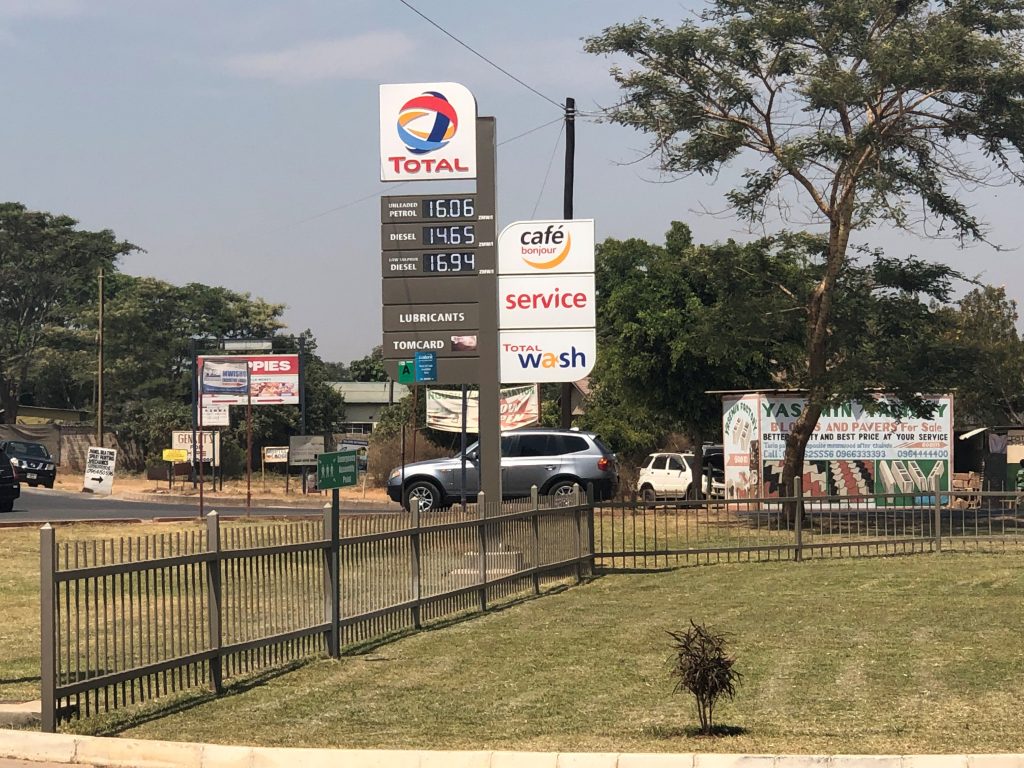“So great that oil prices are falling (thank you President T), Trump tweeted, referring to himself.
“Oil prices are getting lower…. Thank you Saudi Arabia but let’s go lower,” Trump tweeted last week.
They are called the three musketeers. Donald Trump (US President), Vladimir Putin (Russian President) and Mohammed Bin Salman (Saudi Arabia’s Crown Prince) are running the crude markets globally. The US President feels oil is overpriced and as such has influenced the record pumping of the sweet grade commodity thereby suppressing its prices over 30% this year. His tweets about his intentions to slap more tariffs on China have exacerbated tension between the worlds top two largest economies. Saudi Arabia on the other end, is the de facto leader of the OPEC who before leading members to a production cut next month in Dec, also produced high volumes of thicker oil further suppressing ICE Brent prices. Russia is the only other producer outside the OPEC that can cause shocks in the oil markets as it is one of the worlds key producers.
$51.91/bbl. (CL1:COM) is what crude is trading for on the New York Mercantile Exchange – NYMEX while ICE Brent is trading for $60.84/bbl. today (18.23pm).
Just yesterday fuel prices were hiked
Just last month the energy regulation board (ERB) hiked pump prices of fuel by between 16.8% – 21.3% for gasoline to kerosene respectively. This followed the oil bulls that so crude almost flirt with highs of $79/bbl. (for Brent). This hike for Zambia was long overdue because from the last time a review was conducted in February, crude edged 26% higher and the kwacha shave close to 9% in value. This adjustment fueled inflation higher to breach the 6-8% BOZ targeted band at 8.3% as transportation and manufacturing costs ballooned wider.
Zambia is in the middle of an exploration project with Tullow in Block 31 (Tanganyika – Mweruwantipa rift valley areas) and should this prove positive, the copper producer could just successfully cushion crude importation costs. Hedging options such as currency forwards to lock in exchange rates to purchase oil are also available but to a capped degree suffice to say importing nations are really at the receiving end of global supply and demand fundamentals.
What does $60 oil mean for the red metal producer?
It means the energy regulator should be relentlessly thinking of passing this positive benefit to the consumers. Most developed nations conduct price reviews on a monthly basis to manage the benefits of price movements upwards or downwards. That way it allows business houses to plan better than ‘sudden’ midnight adjustments which has been the case in the Southern African nation of Zambia. Why the fuss about $60/bbl. crude? Because crude is over 21% bearish from the last ERB review which the regulator should seriously consider narrowing. Prompt adjustments could be used as windows of opportunity to stimulate economic growth because a lower cost push effect means lower inflation which could also lower manufacturing costs and ultimately start to gravitate interest rates lower.
How far will oil bears go?
For as long as Chinese slow economic growth prospects persist as this will trim global aggregate demand. This coupled with US oil supply rise will suppress crude prices even further. Even if the OPEC does agree to cut supply to support prices, the question is how long can the cartel be sustained? The world awaits the 30 Nov G20 Summit when China’s Xi meets US Trump in Argentina on the sidelines to discuss trade relations. Its already priced into the crude markets evidenced by the seesaw prices observed over the last few months.

